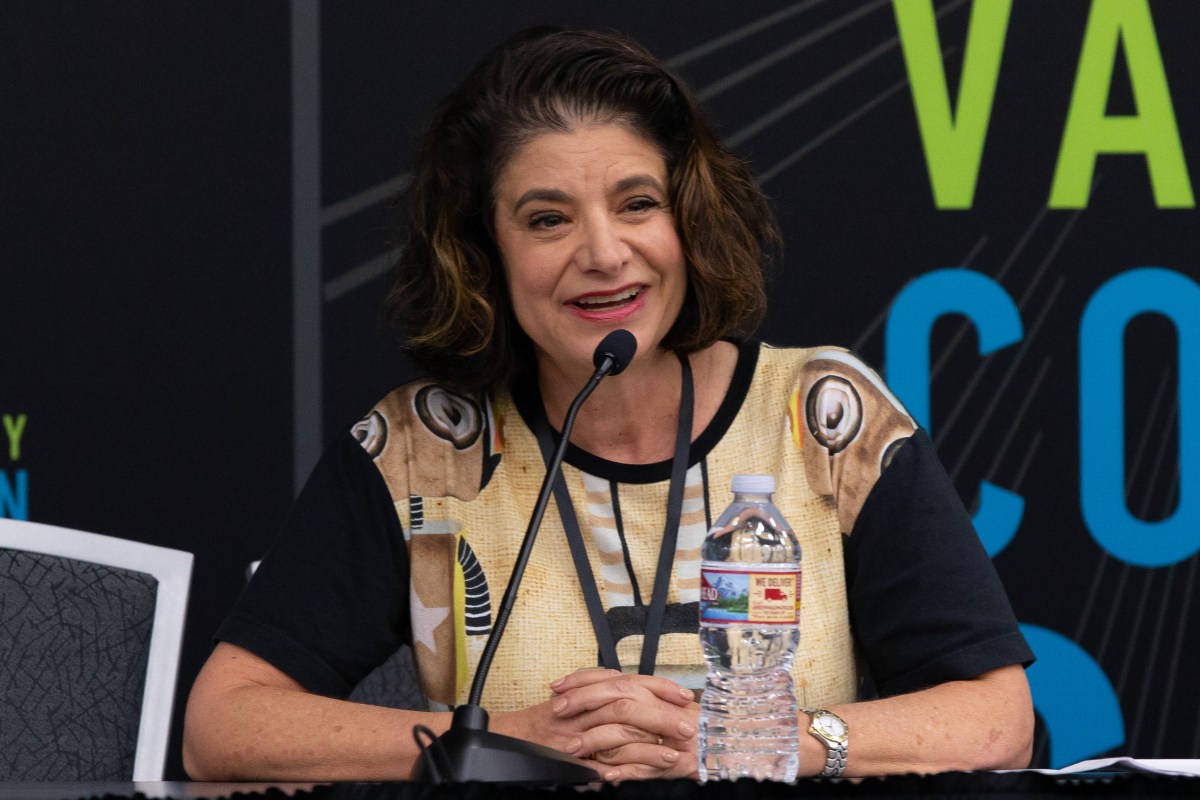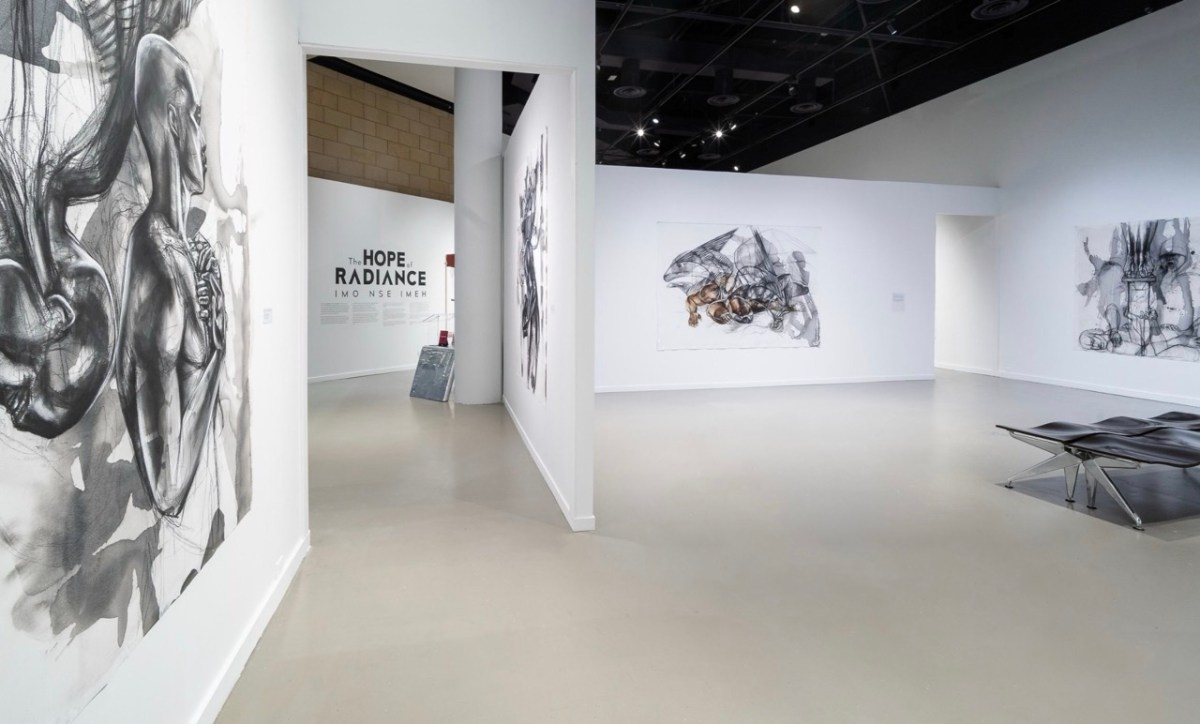Meta disputes allegations of poor work conditions at its contractor’s hub in Kenya – TechCrunch

A few weeks ago, a law firm threatened to sue American social-media giant Meta and its main subcontractor for content moderation in Africa, Sama, over alleged unsafe and unfair work conditions at the latter’s hub in Kenya.
The law firm, Nzili and Sumbi Advocates alleged that Sama had violated various the rights, including those of health and privacy, of its Kenyan and international staff. Demands were made that Meta and Sama adhere to Kenya’s labor, privacy and health laws, including that it provides its moderators with adequate mental health insurance and better compensation.
In rejoinders seen by TechCrunch, Meta has distanced itself from the claims. Sama, which is alleged to have fired its former employee Daniel Motaung for leading a strike in 2019 over poor pay and work conditions, has also denied any wrong-doing.
“Your client’s employment was terminated because of unacceptable actions taken against fellow employees that jeopardized their safety. The process leading to the termination of your client was fair, clear and well-documented; there is absolutely no basis for the allegation that your client was unfairly dismissed from employment. Similarly, there is no basis for the allegation that your client is entitled to compensation,” a letter sent to Motaung’s lawyer, Mercy Mutemi, by Sama’s lawyers, Bowmans, said.
The law firm representing Motaung has now threatened to go on with the plans to file a lawsuit.
Trouble for Sama started when a Time story detailed how the company recruited its moderators under the false pretext that they were taking up call center jobs. The content moderators, hired from across the continent, the story said, only learned about the nature of their jobs after signing employment contracts and relocating to its hub in Kenya’s capital, Nairobi.
The moderators sift through social media posts on all its platforms, including Facebook, to remove those perpetrating and perpetuating hate, misinformation and violence. Among the many requirements that employees are expected to abide by, is not disclosing the nature of their jobs to outsiders. The content moderators’ pay in Africa, the article added, is the lowest across the globe. Sama, which fashions itself as an ethical AI firm, has since the exposé increased its wages.
Motaung’s lawyer alleged that Sama failed to grant her client and his colleagues adequate psychosocial support and mental health measures, including “unplanned breaks as needed particularly after exposure to graphic content.” The productivity of Sama’s employees, it is claimed, was also tracked using Meta’s software — to measure employee screen time and movement during work hours. Sama granted them “thirty minutes a day with a wellness counselor.”
Meta said it was not privy to the arrangement its subcontractor had with Moutang.
“There was therefore no employer/employee relationship between Meta and the Claimant (Motaung), upon which a cause of action may be premised. No action can therefore be brought against Meta for any rights and /or obligations allegedly due to owing to the Claimant with respect to his employment with Sama, as Meta is not and has never been his employer,” said Anjaarwalla & Khanna LLP, the law firm representing Meta.
In our previous report, a Meta spokesperson told TechCrunch that they regularly conduct audits on its partners and encourage reviewers to raise complaints when issues arise. They added: “We take our responsibility to the people who review content for Meta seriously and require our partners to provide industry-leading pay, benefits and support.”



